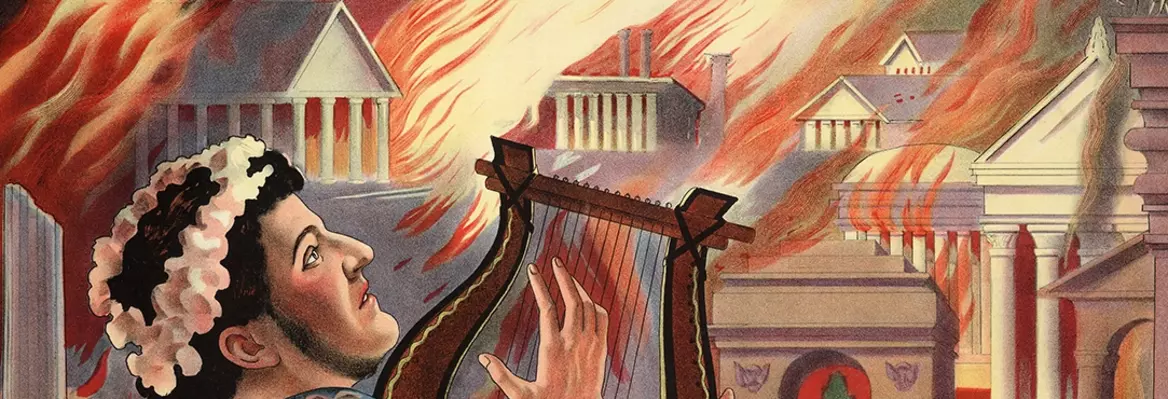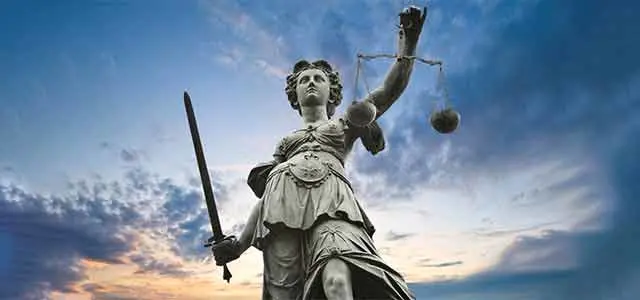Liberalism has increasingly been the target of criticism, worldwide. At the vanguard of this critique is a group of intellectuals known as “post-liberals” who lament radical individualism and the corrosive effects that the market economy has on communities. Matt McManus argues that while post-liberals offer some compelling critiques again liberalism, ultimately the movement poses a danger to democracy.
Since liberalism burst onto the scene as a revolutionary credo in the 17th (or 18th or 19th, depending on who is asking) century it has never wanted for one thing: critics. Many of the most famous have appeared on the political left, from Marx famously launching bromides against the exploitative alienation of “bourgeois” society, to Foucault’s denunciation of our emerging disciplinary society. But, ever since Robert Filmer felt compelled to defend the divine right of kings in De Patriarcha, and arch-Catholic Joseph de Maistre felt compelled to rail against the destructive power of Enlightenment reason, just as many have come from the political right. One of the most distinctive new critiques have come from self-described “post-liberals” insisting on “regime change” in the United States and beyond. While there is a lot in the post-liberal critique that echoes reactionary screeds past, the movement is influential and novel enough to warrant a closer look. Some of the most sophisticated and probing post-liberals offer critiques of liberalism that really do bite. They rightly highlight the effacement of community consequent to the liberal emphasis on individualism and its marketization of society. Liberals should learn from these criticisms; but they should also be wary. Through their flirtation with authoritarianism and theocracy, the most fundamentalist post-liberals represent a real threat to democracy - particularly as their ideals are taken up by the right.
SUGGESTED VIEWING The Case for Classical Liberalism With Mark Littlewood
Enemies of Liberalism
“Liberalism needs an enemy to maintain its sacramental dynamism. It can never rest in calm waters, basking in the day of victory; it is essential that at any given moment there should be a new battle to be fought. The good liberal should always be able to say, “We have made progress, but there is still much to do.” This is why the triumph of same-sex marriage actually happened too suddenly and too completely. Something else was needed to animate liberalism, and transgenderism has quickly filled the gap, defining new forces of reaction and thus enabling new iterations and celebrations of the Festival. And if endorsement and approval of self-described “gender identity” becomes a widely shared legal and social norm, a new frontier will be opened, and some new issue will move to the top of the public agenda, something that now seems utterly outlandish and is guaranteed to provoke fresh opposition from the cruel forces of reaction—polygamy, perhaps, or mandatory vegetarianism.”
Adrian Vermuele, “The Liturgy of Liberalism” in First Things
___
For the post-liberals, liberalism itself is fundamentally a nihilistic and even destructive political theology.
___





















Join the conversation